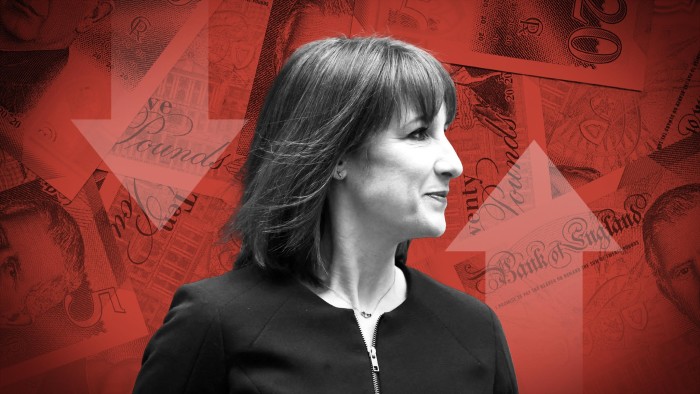Share this @internewscast.com
UK Chancellor Rachel Reeves has introduced a spending review aimed at setting Britain on a course towards “national renewal,” allocating an annual £29bn increase to the NHS, while trimming budgets in other day-to-day sectors.
Reeves presented these “Labour choices” in public spending focusing on the NHS and education, alongside a £113bn borrowing-driven investment in capital projects over the next three to four years.
Despite these increases, some departments such as the Home Office, Foreign Office, and the Department of Culture, Media and Sport will experience real-term reductions in their everyday budgets.
Reeves’ statement to the House of Commons included a long list of investments in projects from northern railways and nuclear power stations to housing and prisons.
The chancellor, cheered on Labour MPs, said the statement was a repudiation of Conservative “austerity”. She said: “In place of decline, I choose investment. In place of retreat, I choose national renewal.”
For the opposition Conservatives, Sir Mel Stride said Reeves had “lost control” of the public finances and that she would be forced to come back with more tax rises in her autumn Budget.
The small print in Reeves’ 2025 spending review revealed some of the winners and losers, after what has been a fierce haggle over money between the Treasury and individual cabinet ministers.
Day-to-day spending by Whitehall departments will rise by an average 1.2 per cent in real terms over the next three years, but the NHS budget will rise by 3 per cent a year in real terms, an increase of £29bn a year by the end of the parliament.
Reeves also increased the schools budget by £2bn in real terms by the end of the parliament or 1.1 per cent a year growth per pupil.
Defence, which has seen its budget topped up by cuts to overseas aid, was another big winner, while local councils, some of which are facing bankruptcy, will receive an extra £3.4bn of grant funding by 2028-29.










